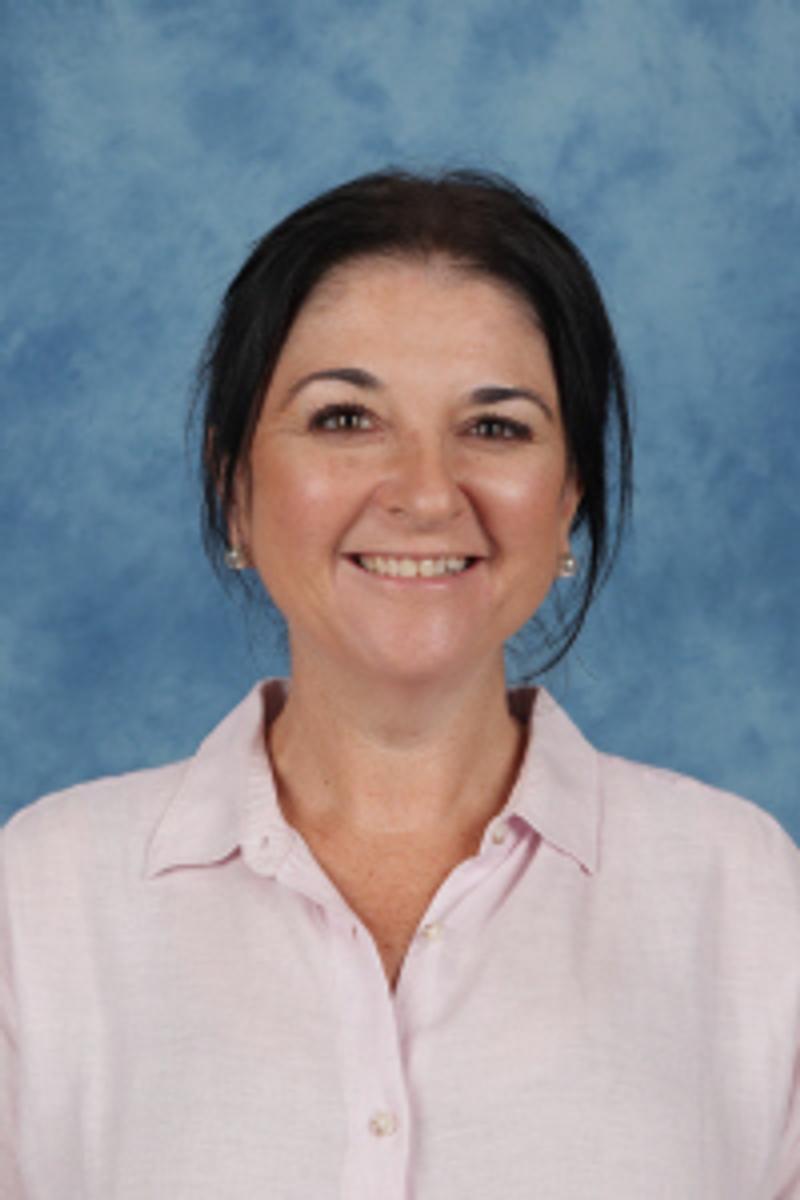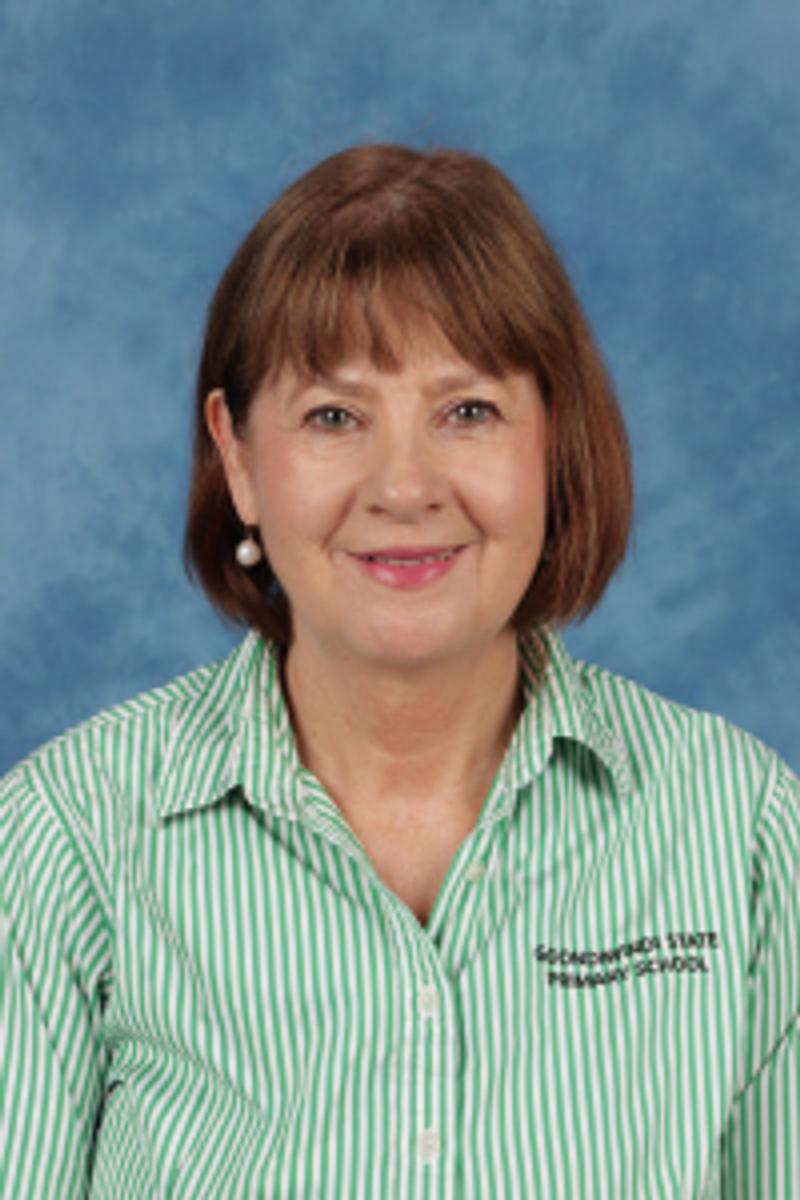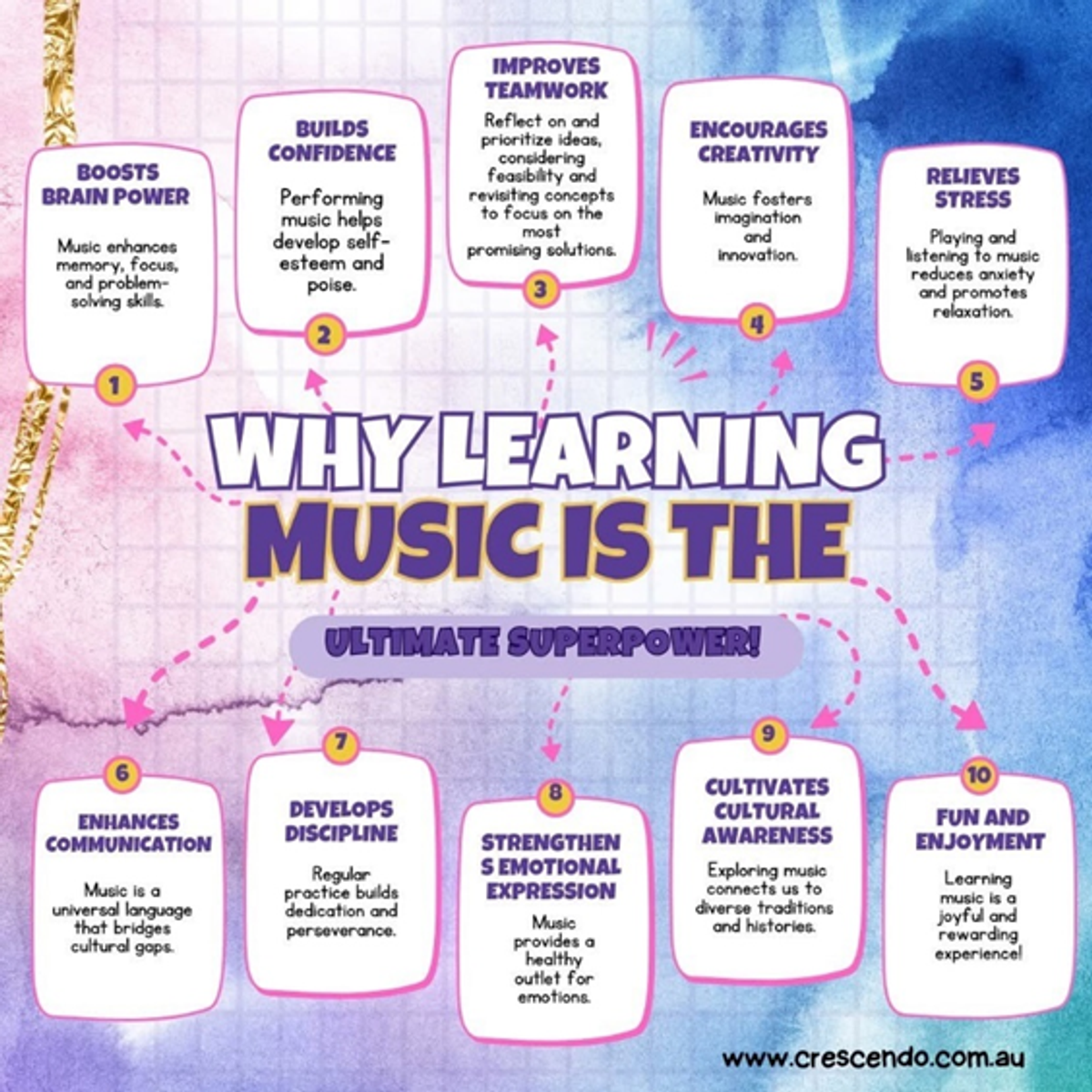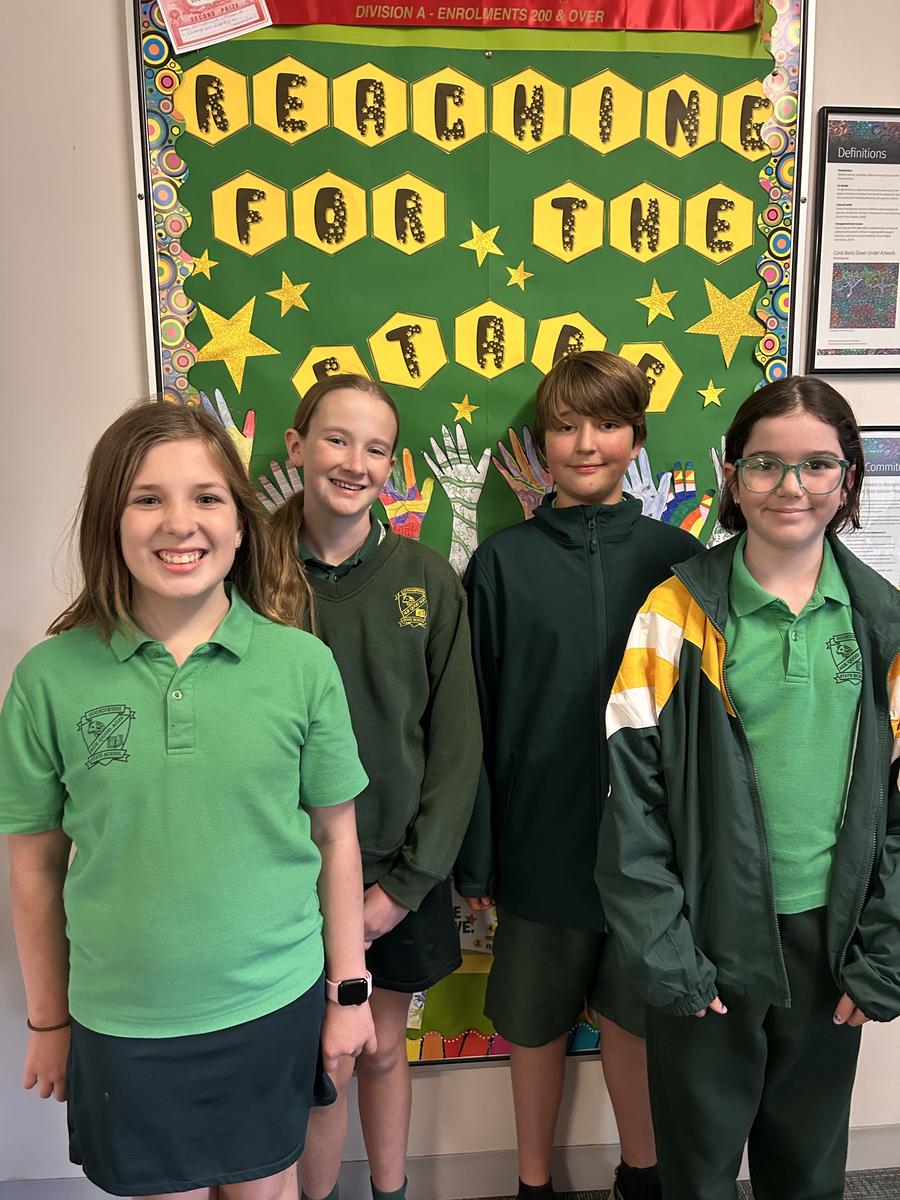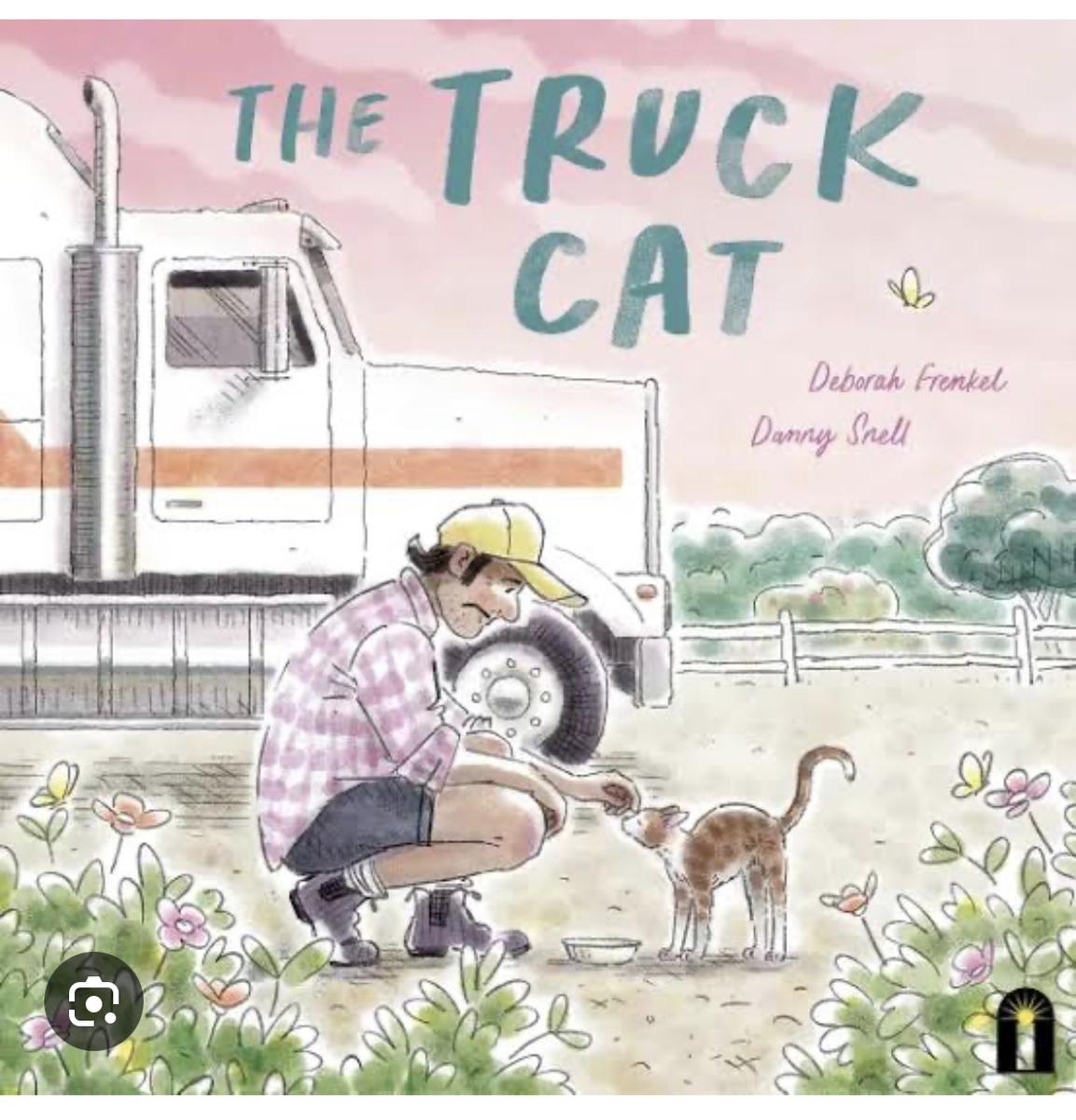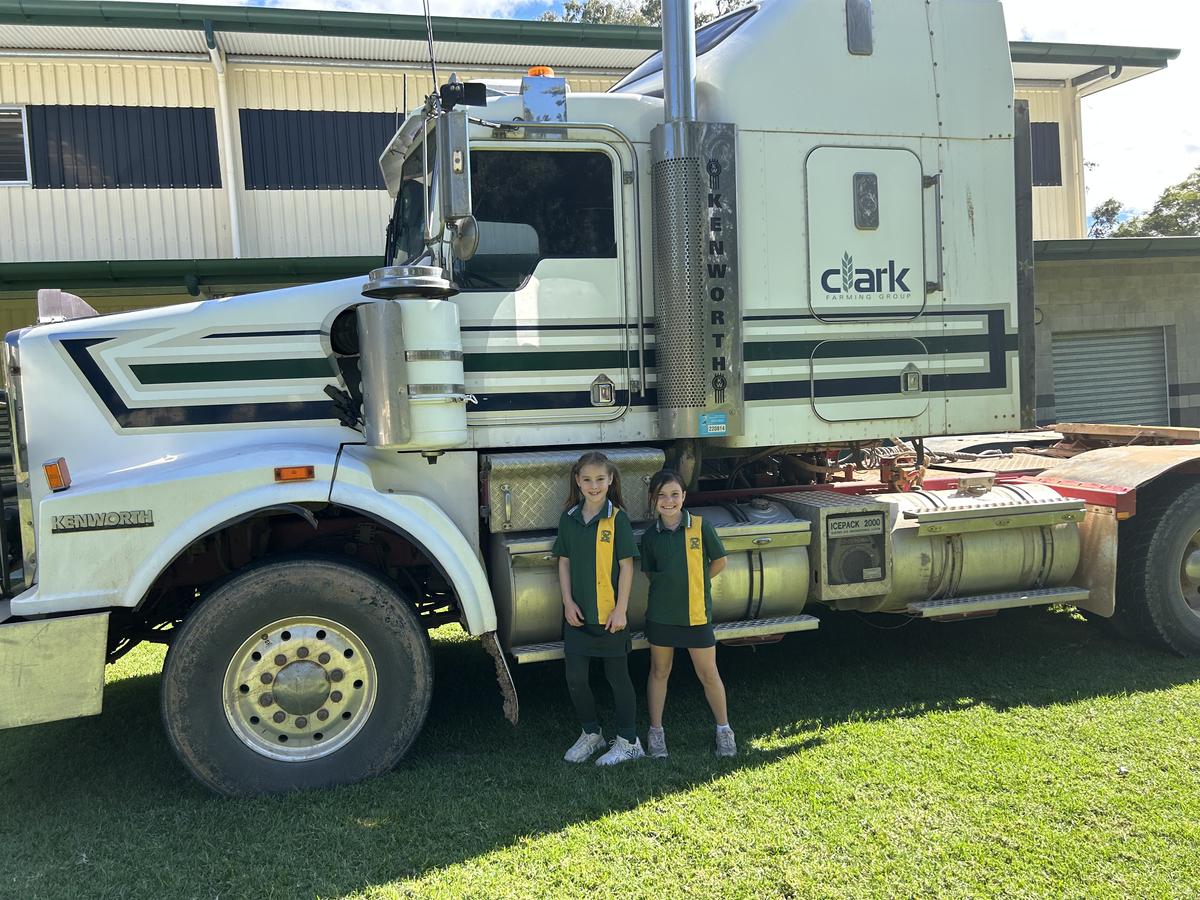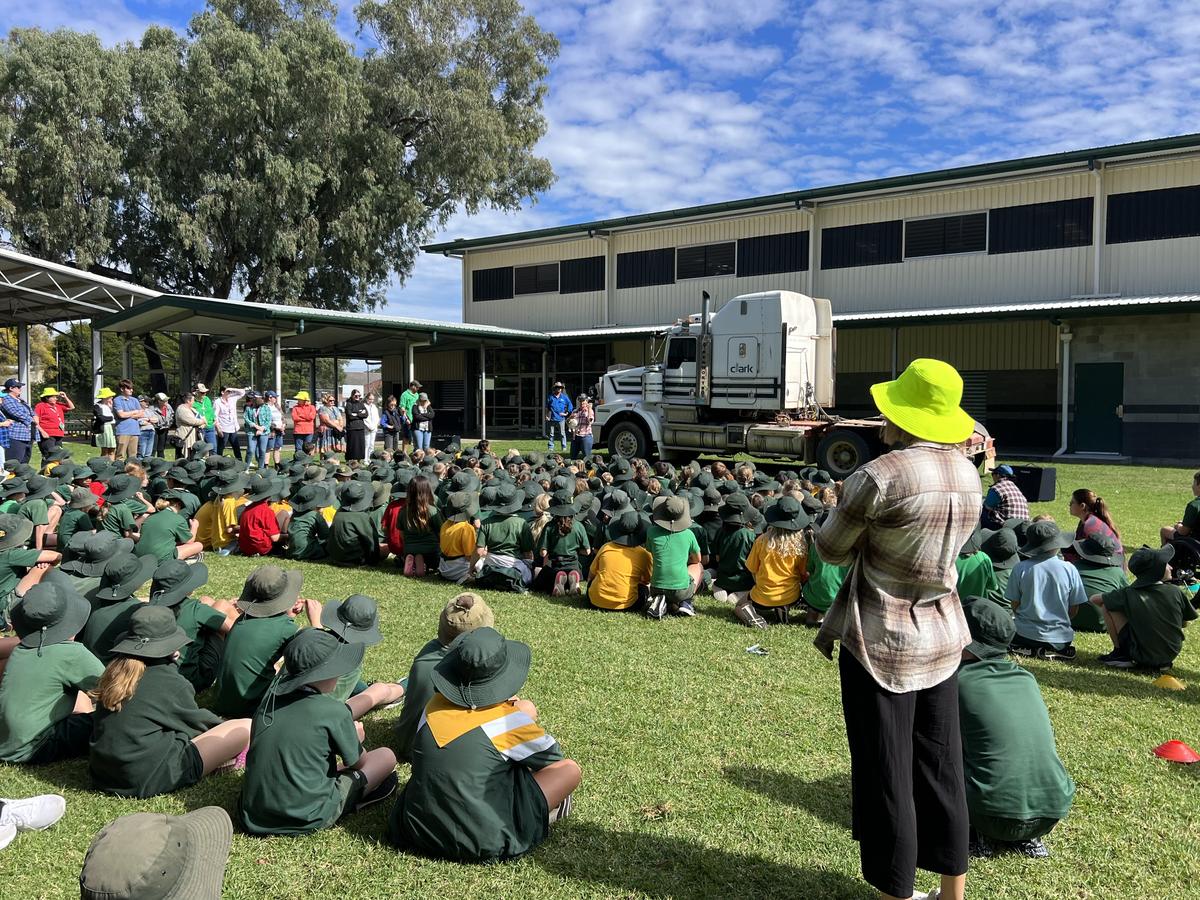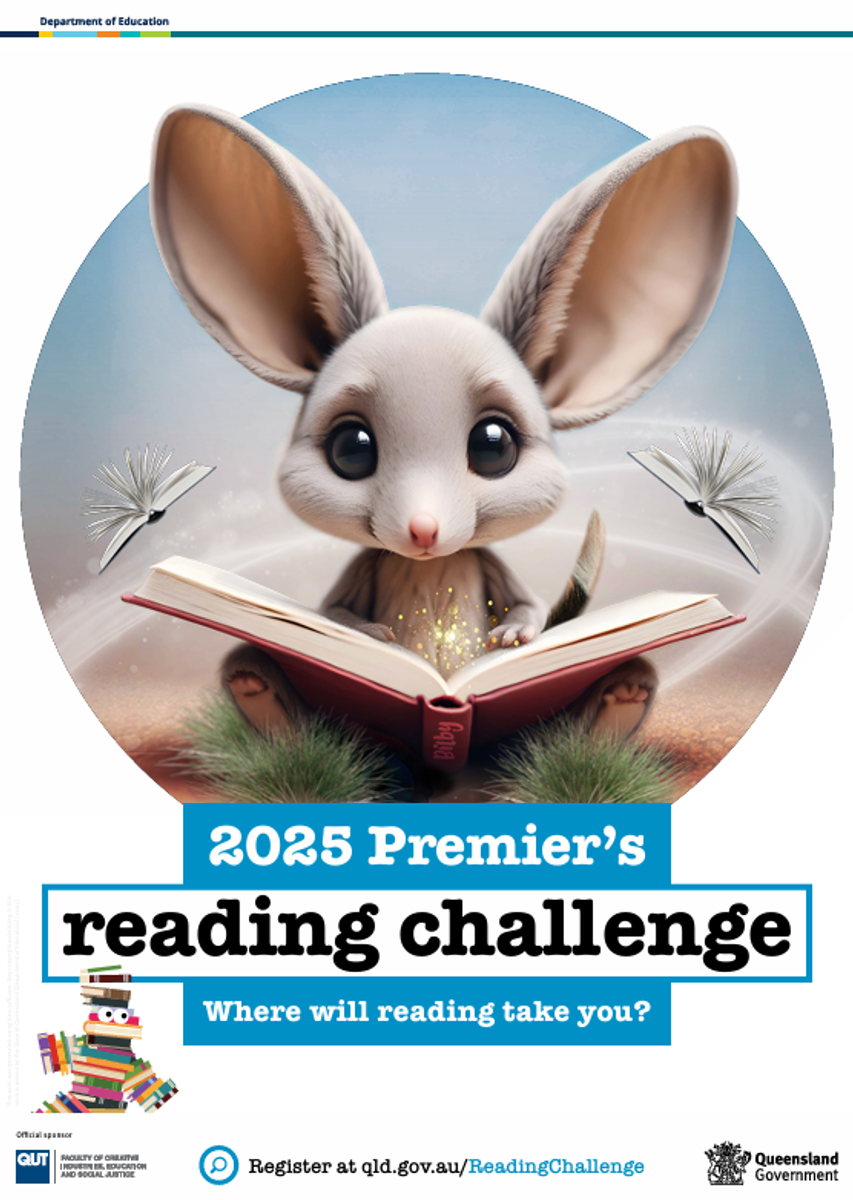Educational Achievement
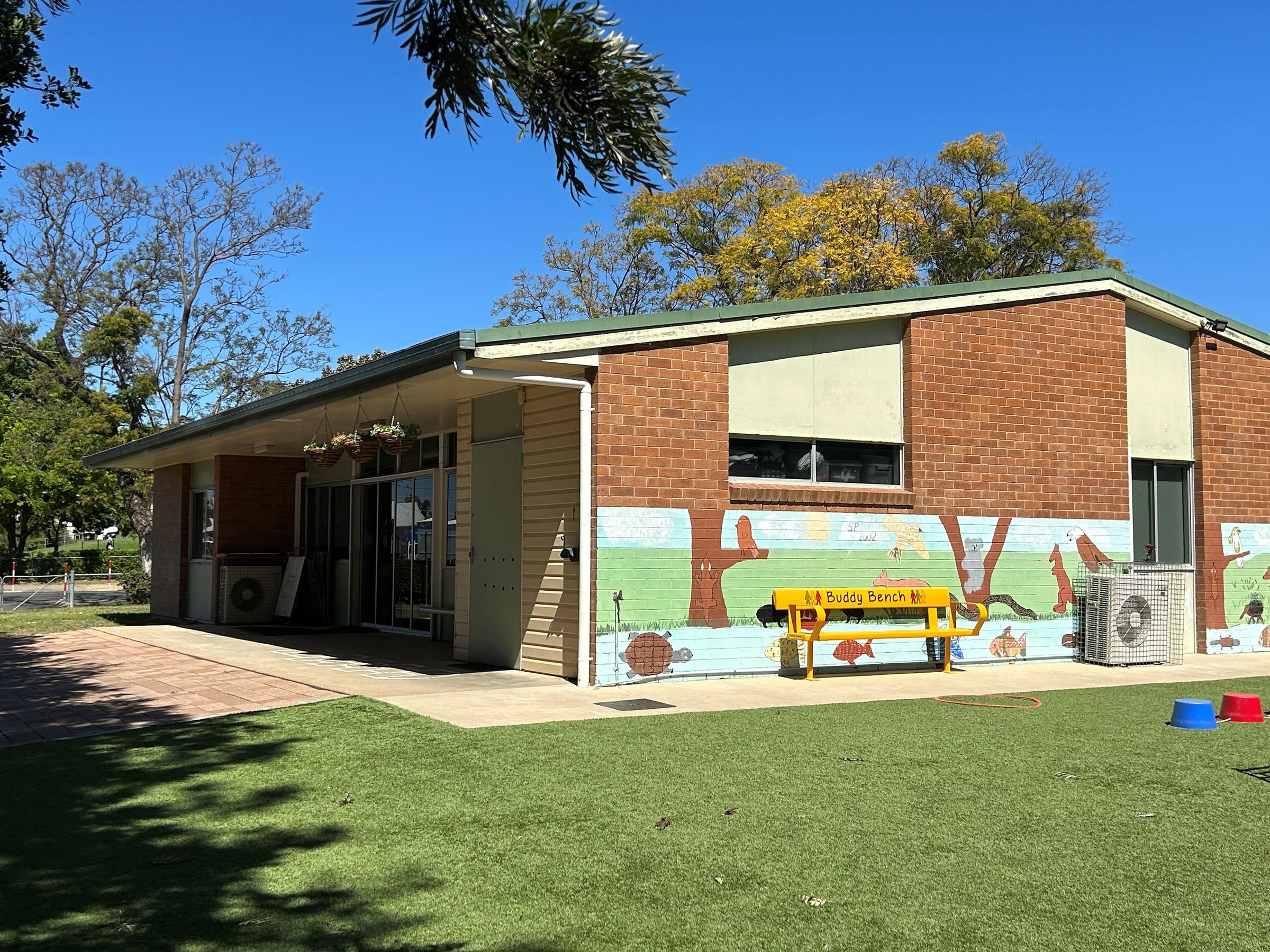
Reading
Reading is more than just sounding out words—it’s about understanding, thinking critically, and enjoying the journey that a good book can take us on.
What Is Decoding?
Decoding is the process of working out how to say written words. When students learn to decode, they’re learning to connect letters and sounds and blend them to form words. You can support this at home with these simple strategies:
- Sound It Out: Encourage your child to stretch out the sounds in words and blend them together.
- Chunk It: Look for smaller parts or patterns in a word (e.g. “sun” in “sunshine”).
- Re-read for understanding: Encourage children to re-read the sentence to understand the meaning once they have decoded all the individual words
- If you know the word, say the word: The goal of decoding is to orthographically map the words. This means that children's brains store the words, so we don't need to sound it out every time. After lots of repetition, children will start to automatically read the word and move their thinking to comprehending and thinking about the meaning of the word or text. For some people, this process is super quick and only requires a few exposures to decode the same word. For others, this process might take lots and lots of repeated practice.
What happens when we move on from decoding?
Once children have a strong foundation in decoding, their reading journey shifts focus. Instead of spending energy on figuring out each word, they begin to read more fluently—recognising words quickly, reading with expression, and most importantly, understanding what they’re reading.
This is where comprehension becomes the focus for reading. Readers begin to think more deeply about the text:
- What is the author trying to say?
- Why did the character act that way?
- What message or theme can I take away from this story?
Here are some ways you can support your child once they’ve moved beyond decoding:
- Talk about books
- Explore different types of texts
- Make connections
- Build vocabulary
- Keep reading together
As children become more confident readers, your role is to keep encouraging curiosity, conversation, and a love of reading. The goal is not just to read the words but to think, and learn through reading.
Music
Instrumental Music
The Concert Band is now performing the Australian National Anthem LIVE at our GSPS Assembly! It is a great opportunity for our musicians to perform for the GSPS community, I would like to congratulate them on their efforts in learning and performing this piece in front of an audience.
The Concert Band is also rehearsing two high energy pieces, 'Eye of the Tiger' and 'Mamma Mia'! One or both of these will be performed at the Eisteddfod.
The String Orchestra has been rehearsing a fantastic piece called 'Ghost Ship & Sailor's Dance' by Stephen Chin in preparation for the Eisteddfod. This has the student learning various string techniques such as 'pizzicato' and 'tremolo' and will feature soloists within the piece!
Classroom Music
In Year 5 and 6 music we continue to develop the understanding of the elements of music, ie. Rhythm, Dynamics, Texture, Timbre, Pitch and Form. Having knowledge around these elements allows us to listen to music with the added bonus of identifying what is unique to that piece or song. We are also looking at more complex rhythms in particular songs and using them when reading musical notation to play a piece of music or song. In year 6 we are singing and playing the game or dance to folksongs from different countries.
The whole school song for this term is "Welcome to all People" written by Ruby Hunter. We performed this as a choir piece last year so many students are familiar with it. We will all sing this great song at the NAIDOC assembly in Week 10.
Finally, I love this poster which highlights why learning music is a superpower and so important in our lives. It describes 10 areas that music can influence. So many fabulous things!
News from the Library
Readers Cup students have continued to study the novels required for the Challenge. They have been dedicated, and we are looking forward to them attending the Cup in Toowoomba tomorrow. Good luck!
National Simultaneous Story Time
The reading of the book "The Truck Cat" for National Simultaneous Story Time was held in week 5. We had a special guest reader Mr Hamish Clark from Clark Farming who drove his truck in for the reading. Our teachers thoroughly enjoyed dressing at truck drivers. We were so very proud of all students who showed respect while listening to the story.

